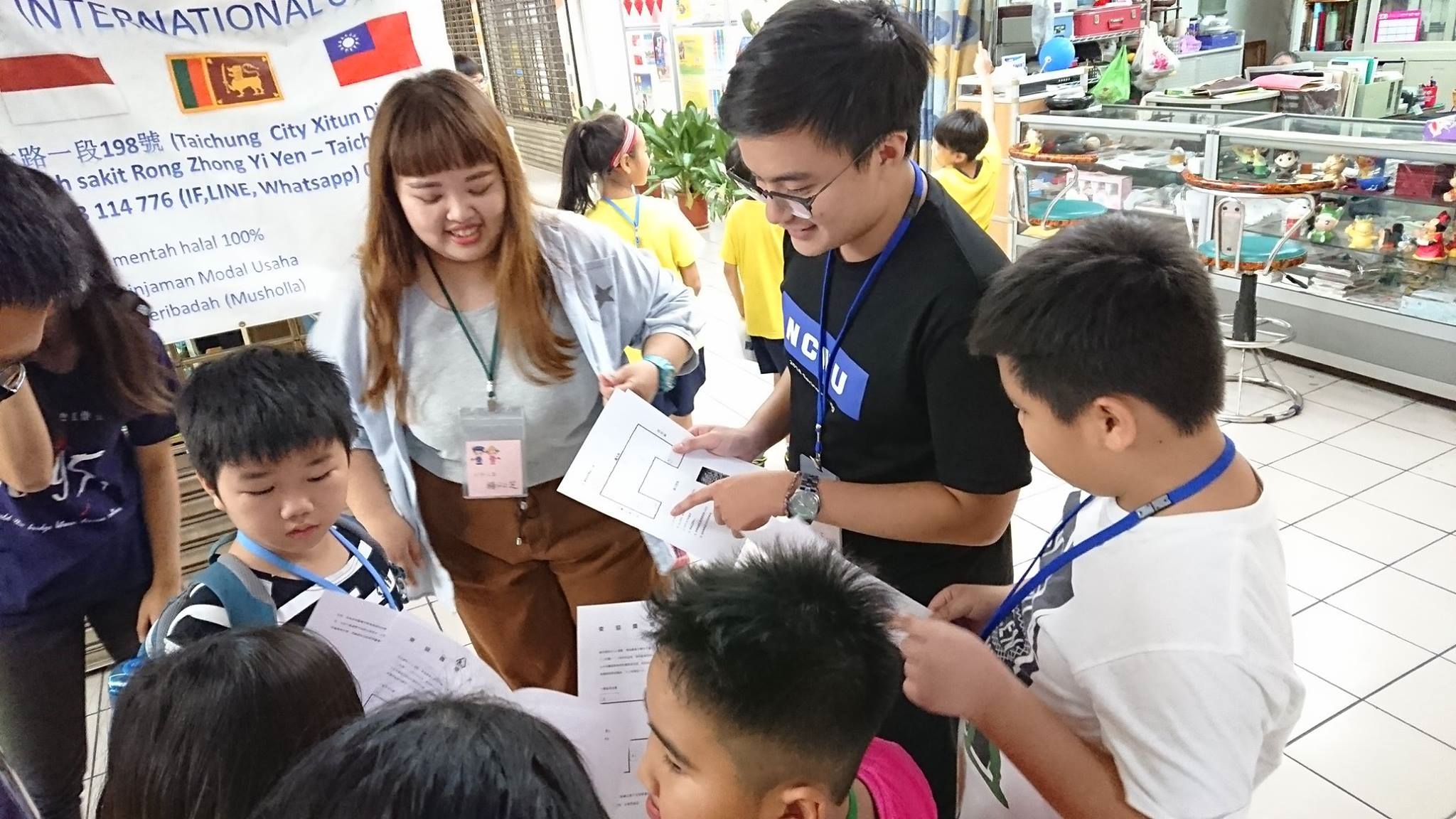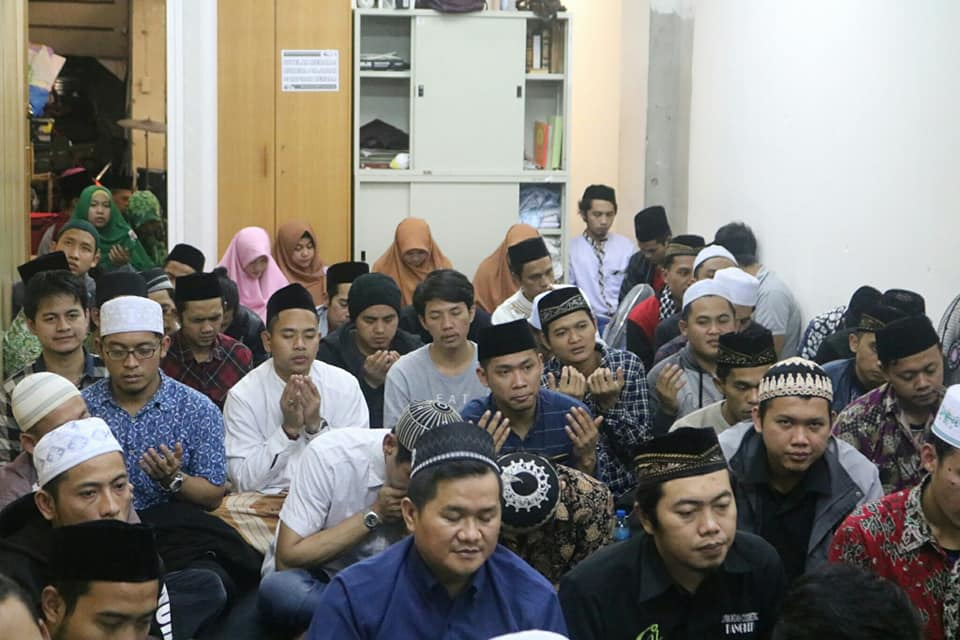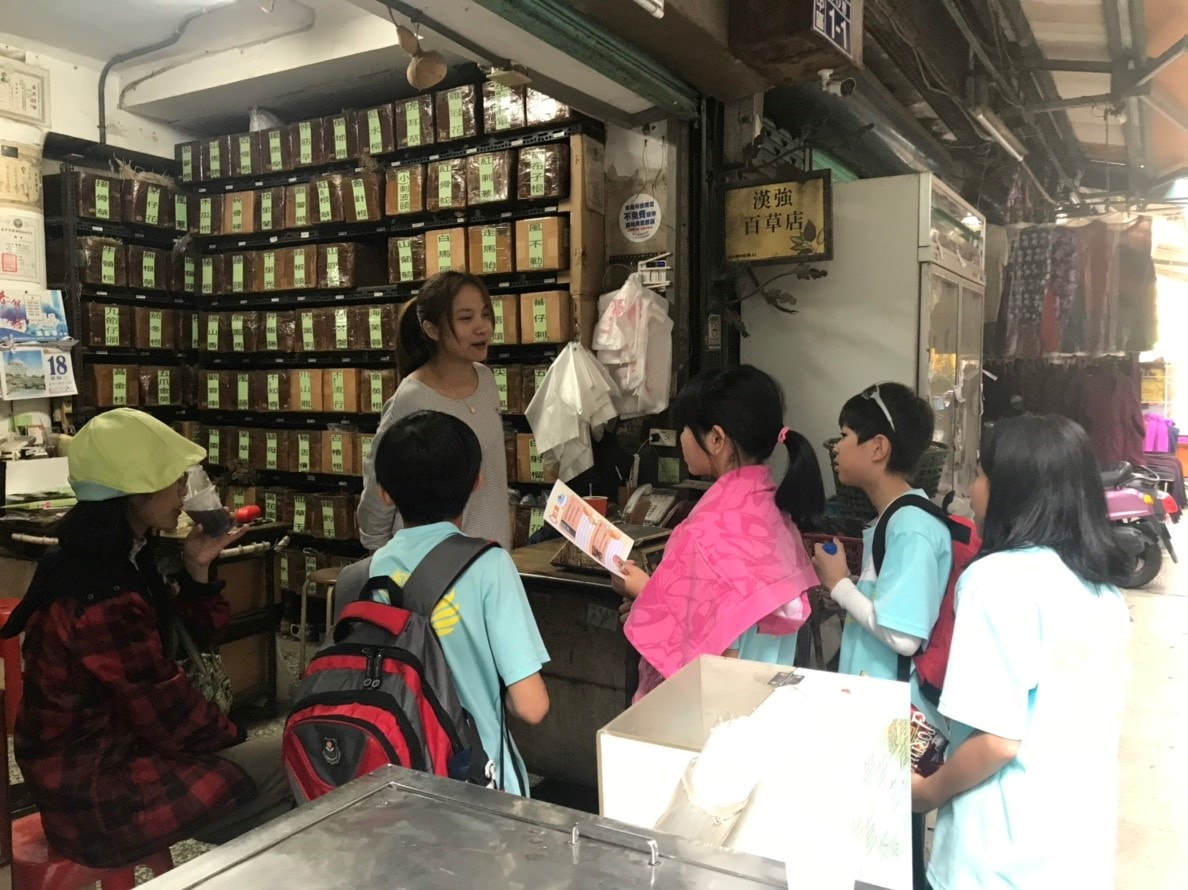NCNU project invests two years reversing isolation faced by SEA migrants in Taiwan
The two-year "Rock Pyramid" plan, a National Chi Nan University initiative led by professor Dr. Lee Mei-hsien (李美賢) and generously supported by a subsidy for promoting cross-sector applications of social sciences from the Ministry of Education, has bridged exchanges between local residents and Southeast Asian communities in Taichung with organized diversified courses, workshops, and exhibitions, gradually lowering the initial isolation faced by those who are new to Taiwan.
The opening up of Taiwan’s labor market to foreign workers from Southeast Asia began almost three decades ago, in which their numbers first exceeded that of Taiwan’s indigenous groups in 2014, culminating in a total of 670,000 people by 2017. Percentage-wise, immigrants from Indonesia and Vietnam lead by respectively first and second place. From Taipei Main Station to Taichung’s ASEAN Square, many transportation hubs and popular streets across Taiwan are now frequented by Southeast Asian customers on weekends.
The ASEAN Square is renowned for its vast entertainment, shopping, and restaurant options. One Vietnamese eatery owner shares her observations, noting that immigrant workers work in a highly pressurized and repetitive lifestyle with little pleasure or relaxation. Weekends become their sole outlet, the Square their slice of hometown. Excited voices and karaoke music spill out of food joints and song parlors as they converse in their native languages and enjoy familiar flavors. This, however, didn’t prove to be a popular scene with some of the residents of Taichung.

The ASEAN Square has thus become a focal research point for the Rock Pyramid Plan. The NCNU initiative has begun bringing together representatives of the local communities, businesses, and restaurants; Filipino, Thai, and Vietnamese workers; older- and newer-generation immigrants from China and elsewhere; and central and Taichung government agencies to oversee the healthy and sustainable development of the region, map out the cultural tracks and history of its diverse residents, and support the voices of its minority groups.
Taiwan has been a major destination for Southeast Asian workers since the 1990s, and as host society, now faces three new challenges: the degradation of environment, racial segregation, and psychological trauma. Based on research over two decades, NCNU has developed 25 courses and 10 workshops to address these issues, including in-site surveys and discussions with business owners, foreign workers, and government officials to reach solutions such as developing food-ordering mobile applications, improving customer flow, and arranging child care and afterschool classes.
For example, Dr. Yeh has spearheaded a storytelling and scriptwriting workshop for immigrants that has become one of the flagship projects of the Rock Pyramid Plan. Participants are introduced to different creative processes, from interviewing to forms of self-expression, to develop their story or script on an educational tale of personal growth. Dr. Yeh has organized masterclasses featuring authors such as Justto Lasoo, winner of the 3rd Taiwan Literature Award for Migrants, to discuss the stigma faced by Southeast Asian people in Taiwan; and Han Chiang, director of the Kaohsiung-based Firefly Theatre, to explore the symbolism of stage plays.
Participant A noted that each course is a window into Southeast Asia, a platform for cultural exchanges, and an opportunity to bond for all the immigrant, student, and instructor participants involved. A described a learning curve from overcoming stereotypes to learning the name, flag, geographical location, population, ethnic customs, cuisine, religious affinity, and languages of all eleven Southeast Asian states.
Personal opinions too, have transitioned from fear and derision to respect and equality, added A, who went on to say that changed many people’s understanding of their home country Taiwan as well. Participants were genuinely involved in coordinating events, deepening their communication and organization skills in the processed, said A.
Southeast Asian business owners, workers, and students each have their own stories of tears and sweat to tell, yet their hard work drove economic and cultural dividends that benefit all of Taiwan. Their one freedom is a few moments at ASEAN Square, thus the Vietnamese eatery owner concluded, wishing only that “one day they will be joined by Taiwanese customers here.”
Participant R’s first interaction with the Southeast Asian immigrant community did actually take place at the ASEAN Square, and hearing their stories and sensing their troubles have since reshaped perceptions. If more people could learn of their trials and the harmful effects of ignorance, R added, society will become a more supportive and warm space.
The Rock Pyramid Plan has not only helped NCNU students to recognize Southeast Asian workers and immigrants as equal and productive members of Taiwanese society, but also opened the school doors to nonprofit groups, community members, immigrants, media and documentary makers, and artists. It is an exercise in coordination among civil groups, local institutions, and government agencies and the best use of collective resources.

More information can be found at: https://ncnupiramid.com/


